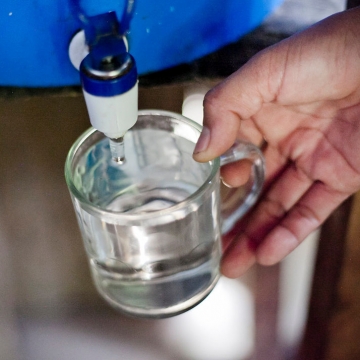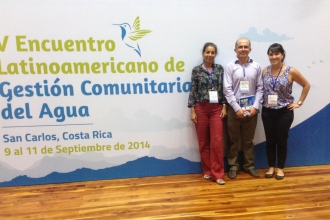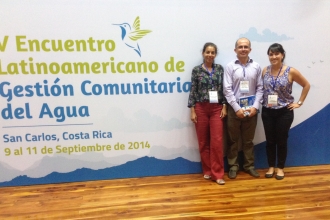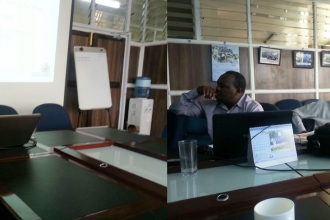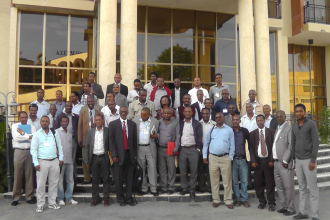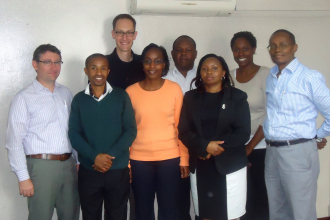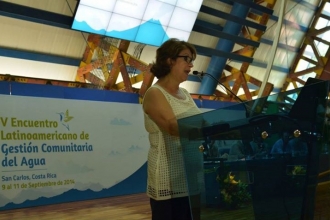
AC3 Project interview with Yamileth Astorga, CEO of the Costa Rican Institute of Aqueducts and Sewers (AYA).
Community -based drinking water organizations (CBDWOs) are responsible for providing water for domestic consumption to 26.5% of the population in Costa Rica. The “Water for human Consumption…
